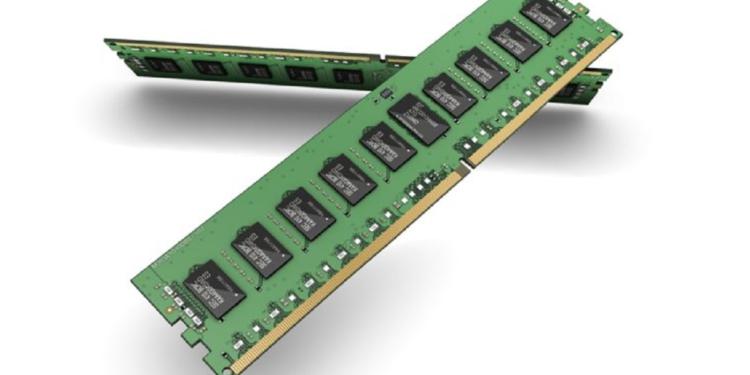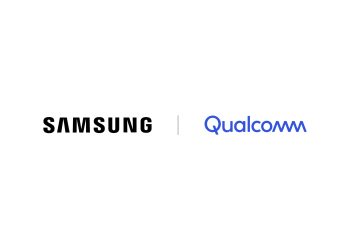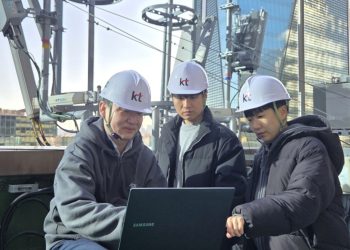Samsung Electronics reported that it successfully applied extreme ultra-violet (EUV) processing technology to its dynamic random access memory (DRAM) chip production. The company said on Wednesday that it started shipping the world’s first EUV-based DRAMs.
The South Korean tech company said in a statement that it successfully shipped one million units of 10-nanometer (nm) class (D1x) double data rate 4 (DDR4) DRAM modules. The world’s largest memory chip supplier completed building a solid EUV manufacturing infrastructure. The company also completed evaluation testing on the modules by global customers.
Samsung Electronics plans to mass-produce the “EUV DRAMs” starting next year in its South Korea-based plant. The company had said earlier that it would spend $116 billion (142 trillion won) to develop an EUV manufacturing infrastructure.
EUV Technology
According to the company, the EUV technology reduces repetitive steps in multi-patterning and improves patterning accuracy. The technology increases performance and enables higher yields as well as shorter development time.
Lee Jung-bae, said that the significant technological advancement highlights how the company would continue contributing to the international IT innovation. The company’s contribution is made through its next-generation memory products for the premium memory market and timely development of leading-edge process technologies.
Lee is the executive vice president of DRAM Product and Technology at Samsung Electronics.
The company said it would use its EUV technology in all of its future generation DRAMs. The application of the technology would start with Samsung’s fourth-generation 10nm-class (D1a) or highly-advanced 14nm-class DRAM.
Samsung said it would start commercial production of D1a-based DDR5 and low power DDR5 by next year. The expansion further strengthens the company’s collaboration with leading IT customers, such as Facebook, Cisco, Amazon, and Google.

To better manage the increasing demand for next-generation premium DRAM chips, Samsung announced it would begin operations at its latest semiconductor fabrication line located in Pyeongtaek, South of Seoul, during the second half of this year.







